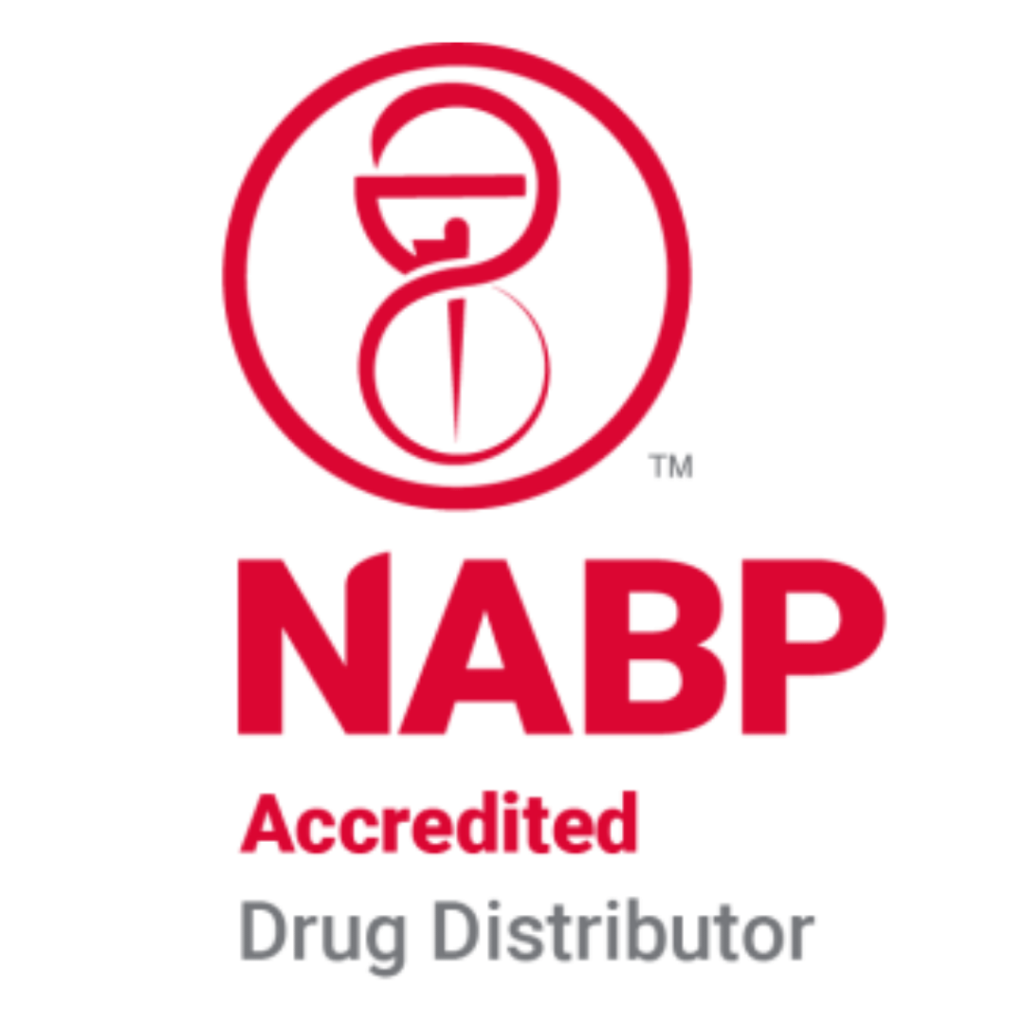In September 2024, independent pharmacies across the United States are grappling with significant financial pressures and complex regulatory environments. These challenges have intensified over recent years, but one of the most pressing issues currently facing these pharmacies is the lingering impact of Direct and Indirect Remuneration (DIR) fees. Originally designed to regulate the pricing of medications under Medicare Part D, DIR fees have evolved into a major financial burden for independent pharmacy owners, many of whom are now struggling to keep their doors open.
The Fallout of DIR Fees
A recent survey revealed that nearly 32% of independent pharmacy owners are considering closing their businesses due to severe cash flow issues linked to DIR fees. These fees, which are often retroactively charged to pharmacies after a prescription has been dispensed, have left many owners unable to accurately predict their revenue. As a result, pharmacies are increasingly facing financial uncertainty, with reduced profit margins and a growing inability to compete with larger chains that can absorb these costs more effectively.
Even more concerning is the fact that 93% of independent pharmacies are considering opting out of Medicare Part D entirely if the current situation continues. This potential exit could have devastating consequences, particularly for rural and underserved areas where independent pharmacies are often the only healthcare providers available. Should these pharmacies withdraw from Medicare, millions of patients could be left scrambling to find alternative sources for their medications, further straining the healthcare system.
A Looming Crisis for Patient Care
Medicare Part D plays a crucial role in providing affordable medication to millions of Americans, particularly seniors and individuals with chronic conditions. Independent pharmacies are integral to this program, serving as a primary access point for medications, especially in small towns and communities. If a significant portion of these pharmacies leaves Medicare Part D, patients may experience increased wait times, longer travel distances to access medications, or even the inability to receive necessary treatments.
The potential closure of nearly one-third of independent pharmacies and their exit from Medicare Part D would not only harm patients but also disrupt local economies. Independent pharmacies often provide essential healthcare services beyond dispensing medications, such as vaccinations, health screenings, and personalized patient care. Losing these services would further widen the healthcare gap in many regions.
The Push for Reform
Recognizing the gravity of the situation, advocacy groups such as the National Community Pharmacists Association (NCPA) are calling for urgent reform. The focus is on increasing transparency in the way Pharmacy Benefit Managers (PBMs) apply DIR fees and introducing more equitable reimbursement models that would allow independent pharmacies to remain competitive. Advocates are pushing for legislation that could reduce the financial burden on these pharmacies, ensuring they can continue to serve their communities.
The future of independent pharmacies hangs in the balance. Without swift action from Congress and the Centers for Medicare & Medicaid Services (CMS), patients and healthcare providers alike could face the ripple effects of these ongoing financial pressures.





